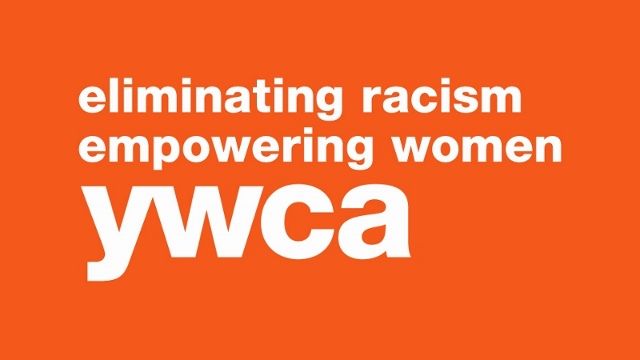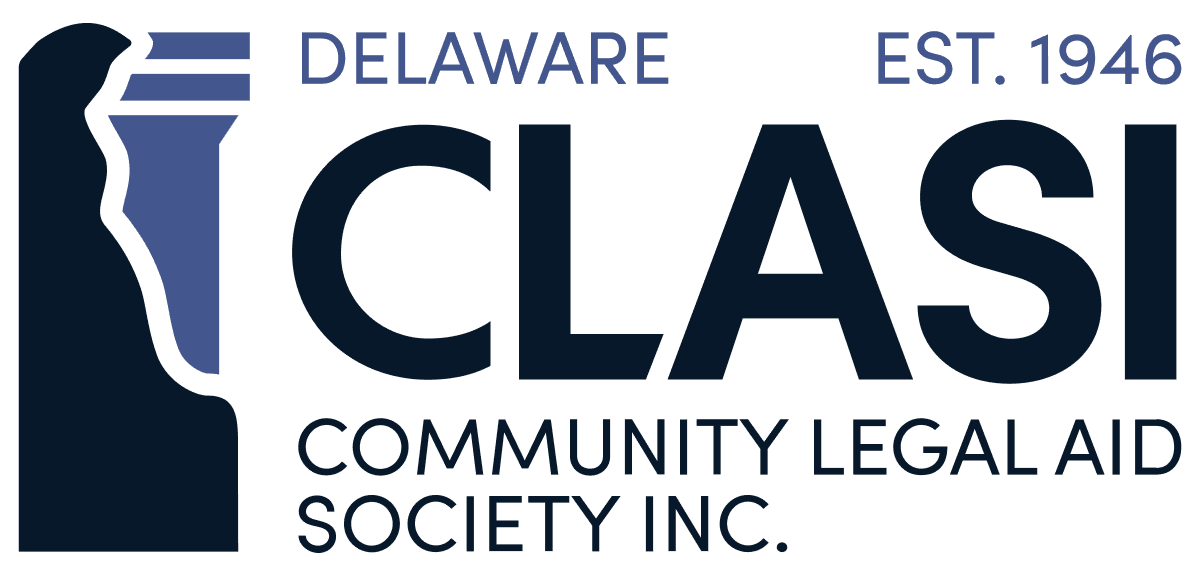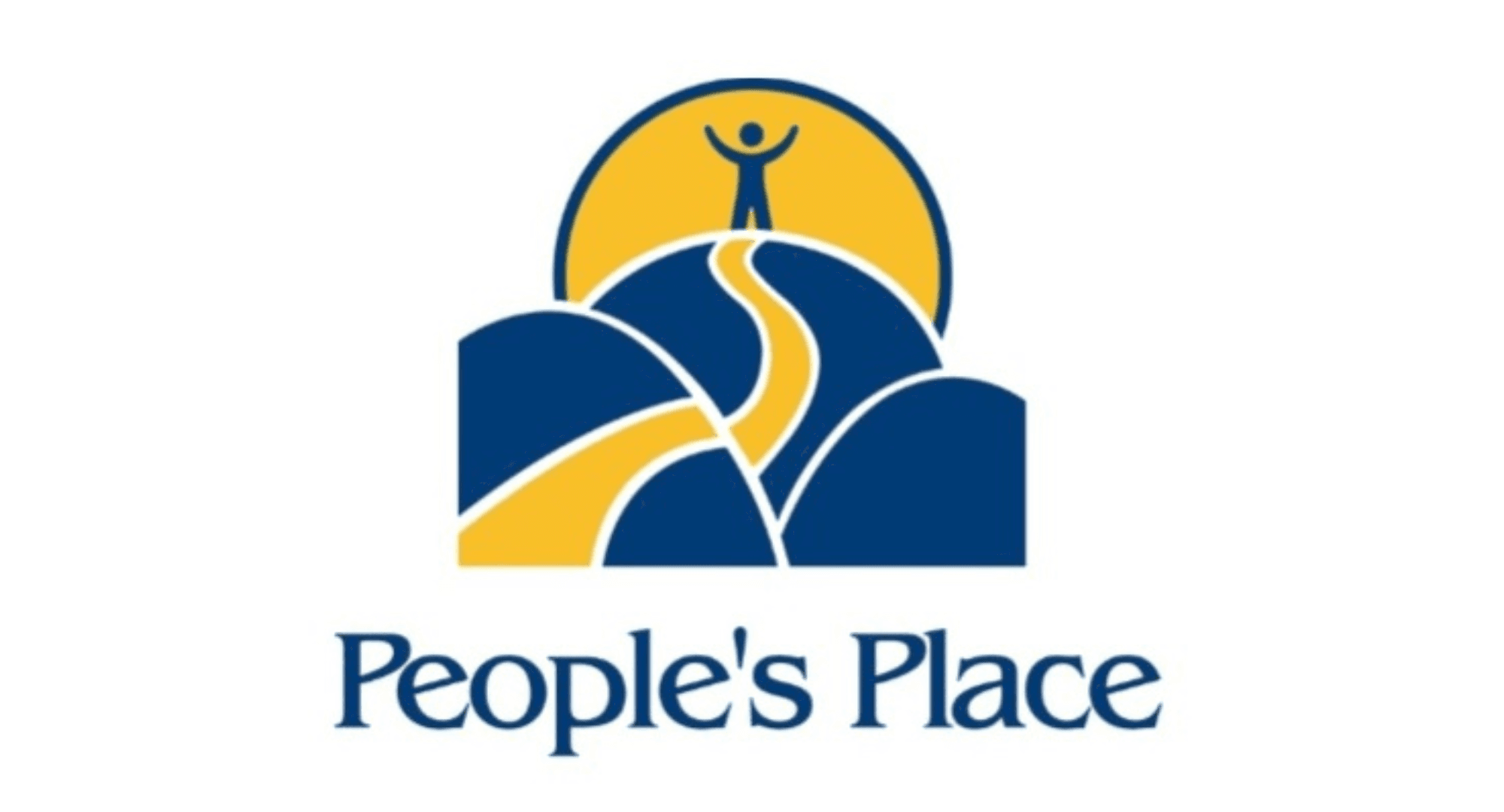Taking Care of Ourselves
Debra L. Berke, Ph.D., CFLE, Wilmington University
Kelly V. DaCunha, DSocSci, LCSW-C, Wilmington University
Marilyn Siebold, M.S., Wilmington University
May was designated Trauma Awareness Month (TAM) by Governor Carney (Executive Order 24) in 2018. This year marks the 5th anniversary of TAM and this month we’d like to recognize the important work of individuals (employees and volunteers) who work in the DV/IPV field. Many of us are drawn to this field because of our life experiences and others because of our desire to do social justice work. Regardless of our reasons for entering this field, we all have the potential to experience vicarious trauma, secondary traumatic stress, and compassion fatigue.
For many of us, the work with clients is what keeps us going. When I (Marilyn) worked as the DV, Trauma, and Mental Health Associate at the DCADV, I remember advocates sharing how the resilience of their clients made THEM experience vicarious resilience! The experience of vicarious resilience was based on the SAMHSA trauma-informed care principles, and it was enhanced by the collaborative relationship between the advocate and the client. Advocates who are already kind, caring, and compassionate also had insight into their own self-care needs and focused on hope - it was contagious! It is important to remember that our experiences of vicarious trauma happen because we are caring and compassionate people, and those are the same characteristics that will allow us to experience vicarious resilience!
Some of our traumatic stress, burnout, and fatigue stems from the systems in which we operate as DV/IPV service providers. In my (Kelly) own work as a trauma therapist for IPV survivors, hearing about treatment within the court system, unfair housing practices, and other systems-related injustice that survivors experienced ON TOP OF their other experiences of trauma was sometimes too much for me. To counteract all sources of traumatic stress and compassion fatigue, DV/IPV service providing organizations must prioritize trauma-informed policies and practices that support staff and volunteers. To start, we can examine our organizational policies and practices for flexibility, choice, and voice. What are our PTO or remote work policies and practices? Do we prioritize staff voice in program/policy development? Are we offering staff/volunteer choice whenever we can?
Those of us who do this work know how important it is to employ an externally-focused, trauma-informed approach to support resilience in people and communities who have been impacted by trauma. DV/IPV organizations wanting to support their staff and advocates can also utilize internally-focused, trauma-informed practices. For example, research in 2009 highlighted “coworker support and quality clinical supervision as critical to emotional well-being and that an environment in which there is shared power—that is, respect for diversity, mutuality, and consensual decision making—provides better protection for advocates than more traditional, hierarchical organizational models” (Slattery & Goodman, p. 1358). One tool that might be useful in addressing vicarious trauma and secondary traumatic stress is Low Impact Debriefing or LID (also known as Low Impact Processing or Low Impact Disclosure). LID is a trauma-informed technique for sharing and processing the difficult stories and images that we see and hear about through our work as helping professionals.
Let’s make time to prioritize internally-focused trauma-informed policies and practices that work to reduce our traumatic stress and compassion fatigue and increase our vicarious resilience so we can be the best versions of ourselves at work, at home, and in every setting!




